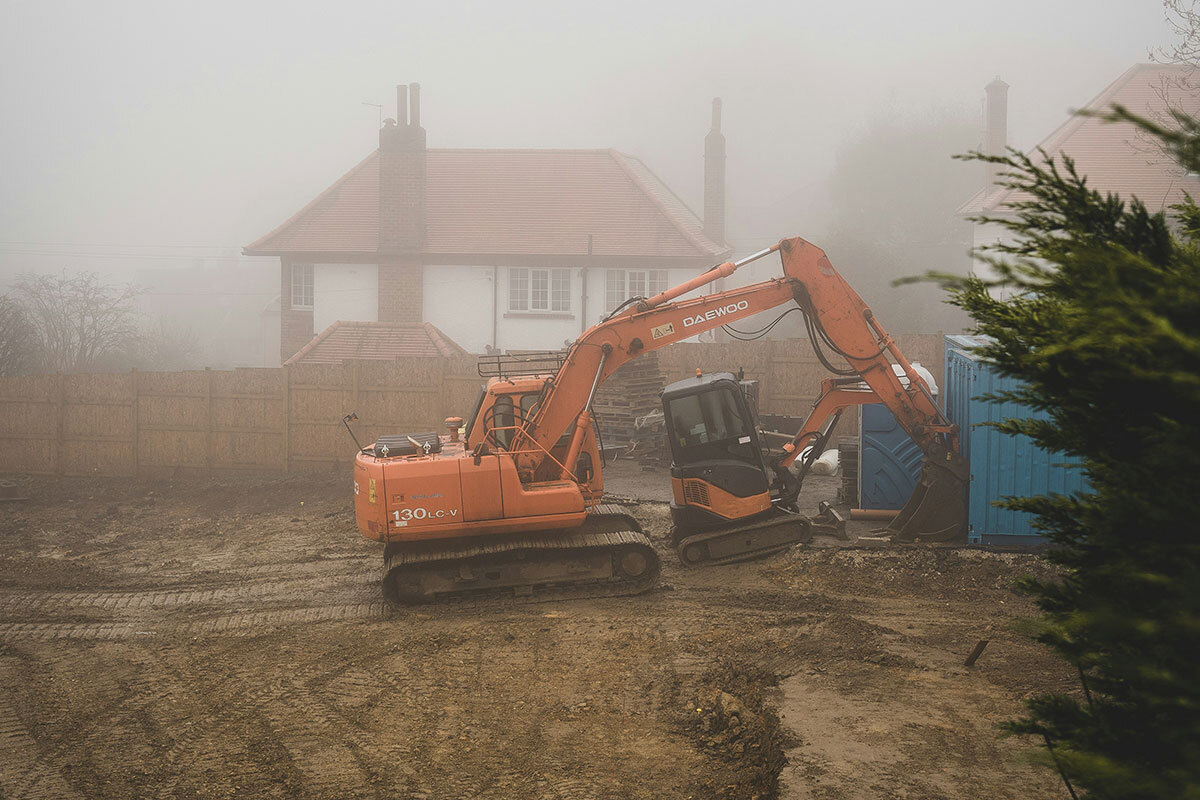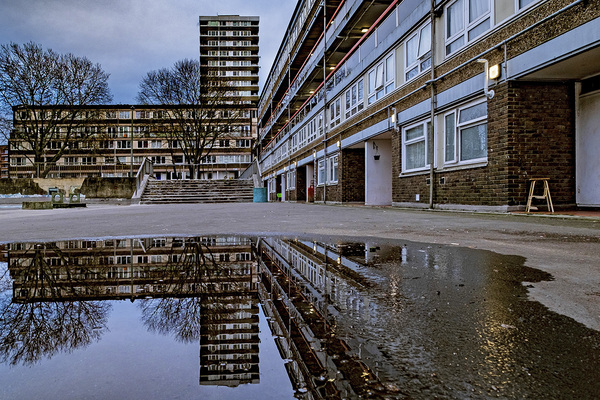You are viewing 1 of your 1 free articles
Scrapping hope value would slash cost of building 90,000 social homes a year by £4.5bn, new report finds
A new report has found that scrapping hope value for landowners, which has been blamed for artificially inflating land prices, would slash the cost of building 90,000 social homes a year by £4.5bn.
The findings by the New Economics Foundation (NEF) showed how inflated land prices are blocking the government from building enough homes to hit its 1.5 million-homes target and meet the demand for housing.
Scrapping the rule – which oblige local authorities to pay a premium when buying land, known as hope value – and strengthening developers’ contributions would reduce the cost of building 90,000 new English social homes a year by a quarter, or £4.5bn.
The social housing target is supported by Inside Housing as part of its Build Social campaign. It is also backed by dozens of other organisations from across the sector.
This new report into land reform looks at why UK land costs make up a disproportionately high portion of overall house values.
The NEF believes that implementing this change to hope value would allow the target to be met at the same time as reducing the cost of land across England. The bulk of savings would be in English regions with the longest social housing waiting lists and the highest rates of homelessness – London and the South East.
Alex Diner, senior researcher at NEF, said: “With record levels of homelessness, rising private rents and increasing housing insecurity, this country desperately needs a new generation of social homes.
“The government has rightly declared tackling the housing crisis as a ‘moral mission’, but their plans are being blocked by unfair land rules.
“These rules should be reformed so that the country can build the homes we need while giving landowners fair and reasonable prices for their land.
“Further reforming the hope value rule is vital to ensure the government hit their housing targets, build the homes we need, and tackle the housing crisis.”
Since the 1960s, local authorities have been required to pay hope value when making compulsory purchase orders (CPO). This obliges local authorities to pay the value of what land could be worth if it obtains planning permission at any point in the future – even if the landowner has no plans to do this.
Earlier this year, the chief executive of the National Housing Federation welcomed councils’ ability to buy land for development through the use of CPO without paying inflated costs.
The Centre for Progressive Policy found that on average, this can increase the price of a plot of land by 275 times.
The Levelling Up and Regeneration Act 2023 allowed the secretary of state to scrap the application of this premium on a case-by-case basis.
When plans to scrap hope value as part of reforms to the CPO process were first mooted in 2022, a number of sector figures suggested this could lead to protracted legal disputes and delayed development plans.
Inside Housing understands that the government is considering making further reforms to the CPO process and compensation rules to improve land assembly, speed-up site delivery and lower costs of development to ensure benefits are delivered for communities.
Further government reforms related to these processes are expected in the Planning and Infrastructure Bill.
A Ministry of Housing, Communities and Local Government spokesperson said: “We are absolutely committed to delivering the 1.5 million homes this country desperately needs, including the biggest increase in social and affordable housing in a generation.
“We recognise that local authorities paying a fair price for land is fundamental to achieving this target. That is why we are looking at a range of measures including further reforms to the compulsory purchase order process to lower the costs of development and get Britain building.”
Sign up for our development and finance newsletter
Already have an account? Click here to manage your newsletters












